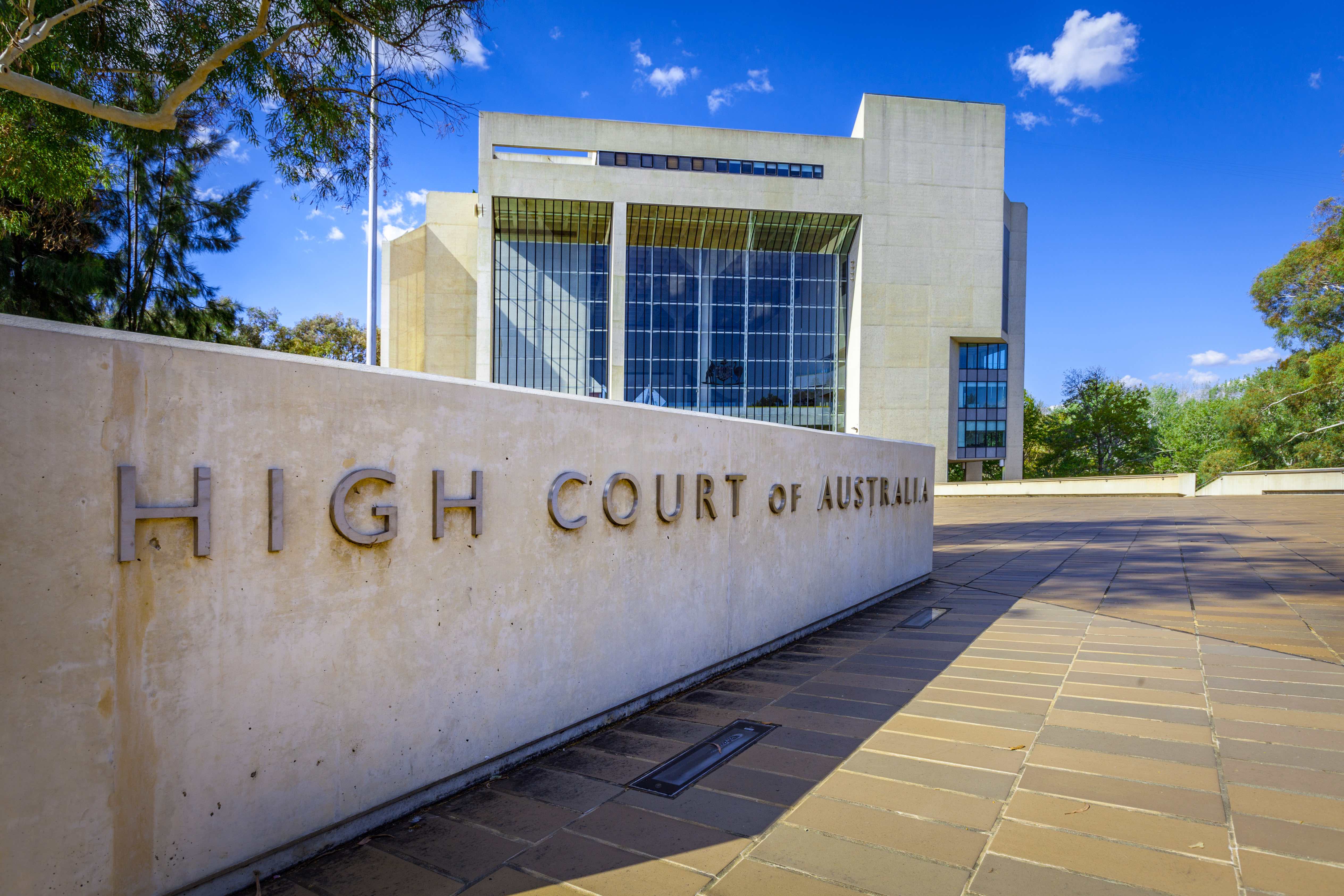High Court. Does the information to be provided in compliance with s 29(1)(c) of the AAT Act need to be information of the slightest assistance to the Tribunal or any other party to the proceeding? Is non-compliance with s 29(1)(c) intended to result in the invalidity of a Tribunal application?
Section 29(1)(a)-(c) of the AAT Act provided as follows:
Manner of applying for review
(1) An application to the Tribunal for a review of a decision:
(a) must be made:
(i) in writing; or
(ii) if the decision is reviewable in the Social Services and Child Support Division--in writing or by making an oral application in person at, or by telephone to, a Registry of the Tribunal; and
Note: For oral applications, see also section 29AA.
(b) must be accompanied by any prescribed fee; and
(c) unless paragraph (ca) or (cb) applies or the application was oral--must contain a statement of the reasons for the application; and ...
Some of the questions to the High Court (HCA) were as follows:
Question 1: Can it be said that, "whilst the ultimate question in the circumstances giving rise to the appeal results from the operation of s 500(6B) of the Migration Act, the question itself is one going to the general operation of s 29(1)(c) of the AAT Act"?
Question 2: Is the consequence of non-compliance with s 29(1)(c) of the AAT Act for the validity or invalidity of an application for review of a decision made under s 501CA(4) of the Migration Act "different from the consequence of such non-compliance for the validity or invalidity of an application for review of other decisions in other legislative contexts"?
Question 3: In providing for an application to be dismissed for non-payment of any prescribed fee, can it be said that s 69C of the AAT Act "necessarily assumes that an application that is not accompanied by any prescribed fee is a valid application"?
Question 4: Does the requirement of s 29(1)(c) of the AAT Act, that an application contain a statement of the reasons for the application, need to be understood in light of s 29AB of the AAT Act?
Question 5: May the breach of a condition regulating the exercise of a statutory power which does not result in invalidity nevertheless result in an unlawful act capable of being restrained by injunction?
Question 6: If the answer to Question 5 is 'yes', can it "be taken to indicate that a condition which, if breached, does not result in invalidity can only ever be a condition which is otherwise capable of enforcement by a court"?
Question 7: Is s 29AB of the AAT Act a provision designed to "encourage" and to carry no specific "sanction" for non-compliance?
Question 8: Does the principle of statutory construction expounded in Project Blue Sky operate "in the same way in respect of a condition that is a condition precedent to the exercise of a statutory jurisdiction as it does in respect of a condition that is a condition of the exercise of a statutory jurisdiction"?
Question 9: Does the mere use of imperative language to express a condition import a presumption that non-compliance with the condition is intended to result in invalidity?
Question 10: If the answer to Question 9 is 'no', is that "to deny that juxtaposition of an imperative term ("must") with a permissive term ("may") to express different requirements of the one statutory scheme might in an appropriate statutory context indicate that the imperative term is used to express a legislative intention that non-compliance is to result in invalidity whilst the permissive term is used in contradistinction to express a legislative intention that non-compliance is not to result in invalidity"?
Question 11: May identical imperative language "be used in a particular statutory scheme to express a suite of requirements, some of which will admit of one answer to the Project Blue Sky question and some of which will admit of another answer"?
Question 12: Can it be said that the information to be provided in compliance with s 29(1)(c) of the AAT Act "is not as to any objective circumstance but is limited to the subjective reason of the applicant for making the application"?
Question 13: Does the information to be provided in compliance with s 29(1)(c) need to be information of the slightest assistance to the Tribunal or any other party to the proceeding?
Question 14: Is non-compliance with s 29(1)(c) of the AAT Act intended to result in the invalidity of a Tribunal application?
Question 15: Is the attribution of a legislative intention to produce a consequence which appears to be "absurd" or "capricious" or "irrational or unjust" to be avoided where the statutory text is not intractable?
The HCA answered those questions as follows:
The remainder of this article is only available to Case Law and Platinum subscribers.
Read our Terms & Conditions and upgrade below:
Monthly Subscriptions
Annual Subscriptions
Where GST applies, the above amounts are inclusive of GST.
Content Types
Basic Content includes basic news, some media articles and selected announcements.
Premium Content includes all our content, except for Case Law Content. In other words, it includes Basic Content, plus all our articles on legislative and policy changes, industry updates and the Migration Legislation Tracker.
Case Law Content includes Basic Content, plus case law summaries, analysis and extract, but does not include Premium Content.
Platinum Content includes Basic Content, plus Premium Content, plus Case Law Content. In other words, it includes ALL our content.
If you already have a Case Law or Platinum subscription, click on 'Login' below.











